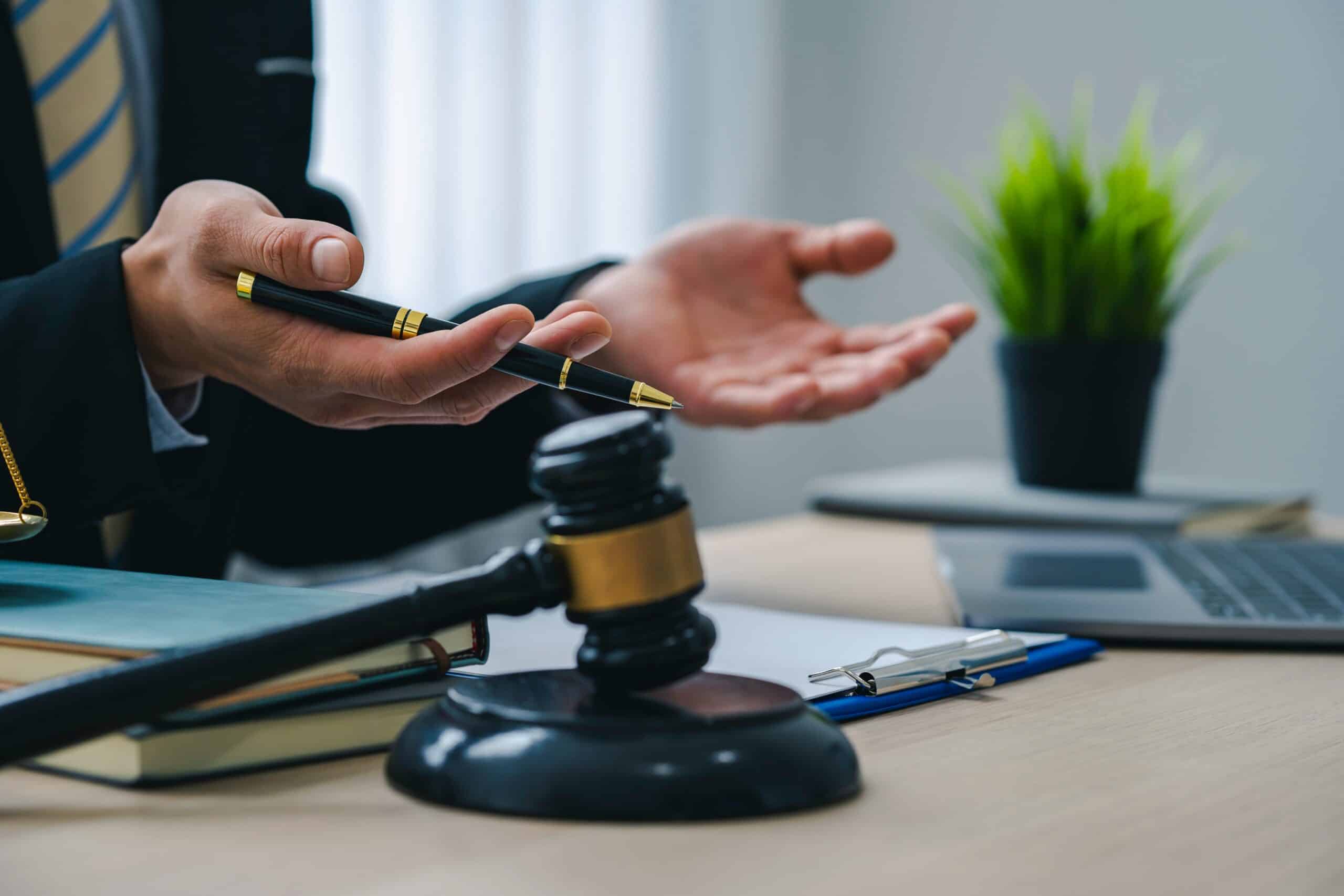Defense Lawyer Gwinnett County Facing criminal charges can be a daunting experience, especially in Gwinnett…
What Damages Can a Defective Products Lawyer Help You Recover? – Guest Post

Defective products can cause significant harm, leading to physical injuries, emotional distress, and financial losses. In these cases, a defective products lawyer plays a crucial role in helping victims recover compensation. Product liability law holds manufacturers, distributors, and retailers responsible for ensuring the safety of their products. When they fail in this duty, injured parties have the right to seek damages. Understanding the types of damages available and how a skilled attorney can help recover them is essential for those affected by defective products.
Understanding Product Liability Damages
Product liability claims arise when a product’s defect causes injury or harm. These defects generally fall into three categories: design defects, manufacturing defects, and marketing defects, such as inadequate warnings or instructions. Regardless of the type of defect, victims may pursue compensation for the damages they have suffered. Damages in these cases are generally classified as economic, non-economic, and, in some instances, punitive.
A defective products lawyer guides clients through the complexities of product liability law, ensuring they pursue all available avenues for compensation. The lawyer’s role extends beyond filing lawsuits; they gather evidence, work with expert witnesses, and negotiate with insurance companies and opposing counsel to secure fair settlements or verdicts.
Economic Damages
Economic damages, also known as compensatory damages, are intended to cover the tangible financial losses resulting from an injury caused by a defective product. Medical expenses often constitute a large portion of these damages. Victims may recover costs related to emergency room visits, hospital stays, surgeries, prescription medications, physical therapy, and long-term medical care. A defective products lawyer ensures that all current and future medical costs are accurately accounted for in the claim.
Lost income is another vital component of economic damages. When an injury prevents a victim from working, either temporarily or permanently, they are entitled to compensation for lost wages. In cases where the injury leads to a diminished earning capacity, a lawyer can help quantify these future losses to ensure the victim’s financial security. Additionally, victims may recover property damage costs if the defective product damaged personal property, such as a car or home appliance.
Non-Economic Damages
Non-economic damages address the intangible losses victims experience after an injury. These damages are more challenging to quantify, but are no less significant. Pain and suffering is a common category of non-economic damages. This encompasses the physical pain and discomfort caused by the injury, as well as any ongoing health issues that impact the victim’s quality of life. A Clearwater defective products lawyer can demonstrate the extent of pain and suffering by presenting medical records, expert testimony, and personal accounts of how the injury affects daily living.
Emotional distress is another form of non-economic damage that may be recovered. Traumatic injuries can lead to anxiety, depression, and other psychological conditions. These mental health challenges can be debilitating, affecting the victim’s relationships, work performance, and overall well-being. A skilled attorney ensures that these emotional impacts are factored into the claim.
Loss of consortium refers to the negative effects an injury can have on the victim’s relationship with their spouse or family. Severe injuries may prevent victims from providing companionship, affection, or support, and compensation for this loss is an essential aspect of recovery. A defective products lawyer understands how to present these deeply personal losses in a way that resonates with judges and juries.
Punitive Damages
In some defective product cases, courts may award punitive damages. Unlike economic and non-economic damages, punitive damages are not meant to compensate the victim. Instead, they serve to punish the defendant for particularly egregious conduct and deter similar actions in the future. To warrant punitive damages, the plaintiff must typically demonstrate that the manufacturer or seller acted with gross negligence, recklessness, or intentional misconduct.
A defective products lawyer plays a pivotal role in securing punitive damages by uncovering evidence of the defendant’s wrongdoing. This may involve showing that the manufacturer knew of the defect but failed to issue a recall or that they deliberately withheld information about potential risks. Successfully pursuing punitive damages requires a nuanced understanding of product liability law and a strategic approach to litigation.
The Role of a Defective Products Lawyer in Maximizing Compensation
Recovering damages in defective product cases is a complex process that demands legal experience. A defective products lawyer assesses the full extent of the victim’s losses and identifies all liable parties. This may include manufacturers, distributors, retailers, or even third-party contractors involved in the product’s design or production.
An attorney’s responsibilities also include negotiating settlements with insurance companies. Insurers often attempt to minimize payouts, offering settlements that do not fully cover the victim’s losses. A lawyer’s negotiation skills are essential for ensuring that any settlement offer adequately compensates for both current and future damages. If a fair settlement cannot be reached, the lawyer will take the case to trial, presenting compelling evidence and arguments to secure a favorable verdict.
Defective products can cause severe injuries and losses, but victims have the right to seek compensation for their damages. A defective products lawyer provides invaluable assistance in recovering economic damages such as medical expenses and lost income, non-economic damages like pain and suffering and emotional distress, and, in some cases, punitive damages designed to punish egregious misconduct.

